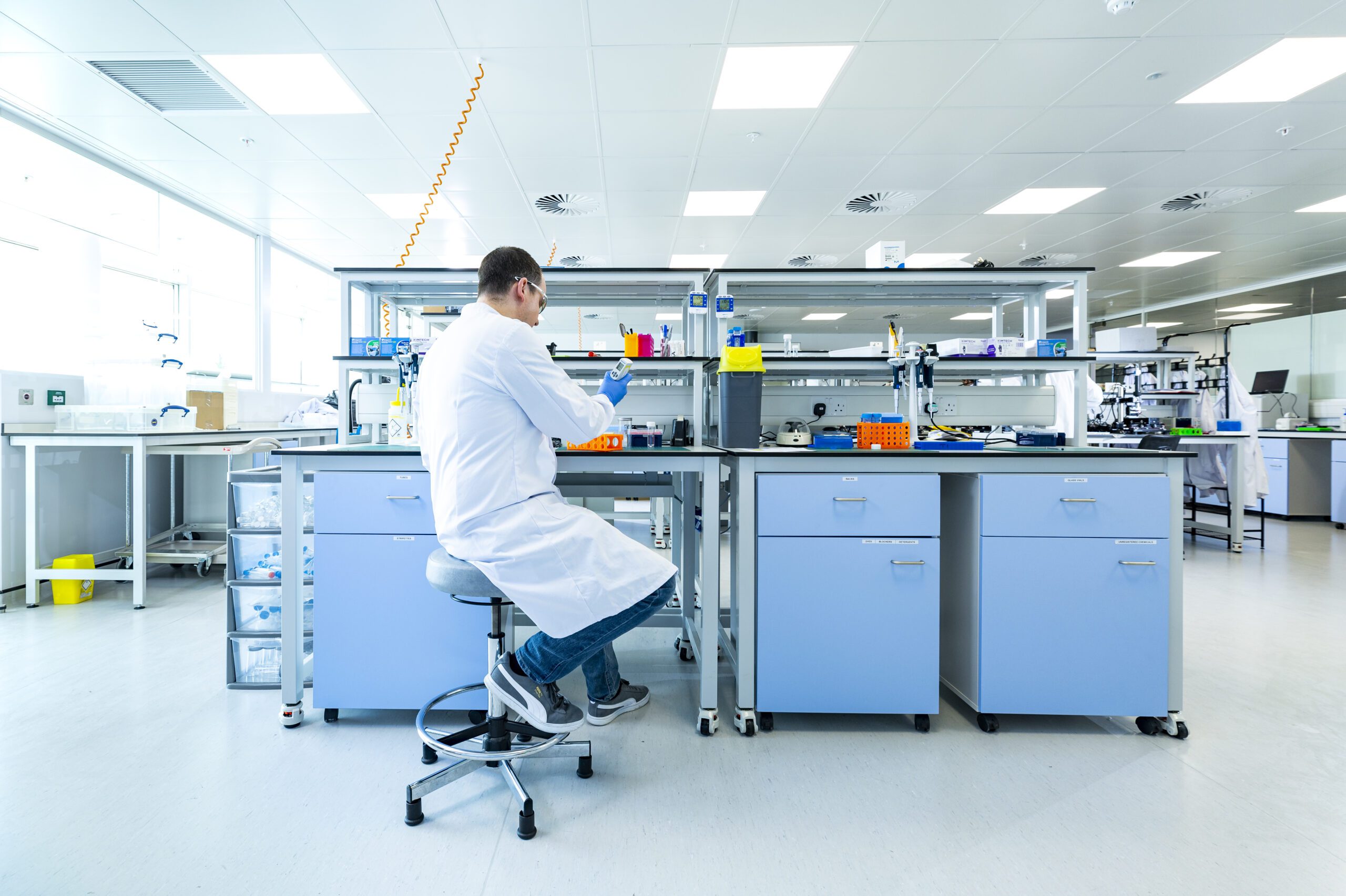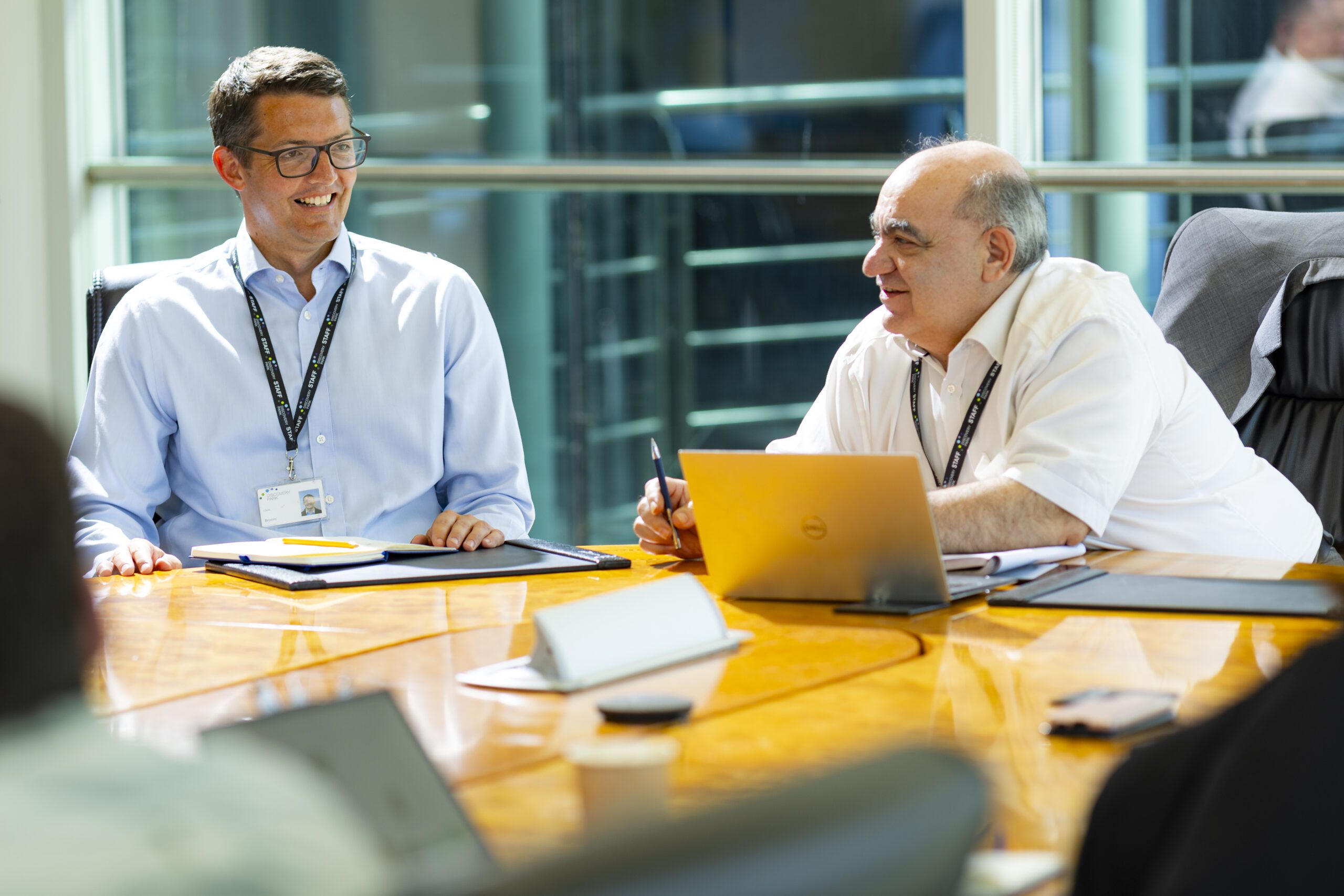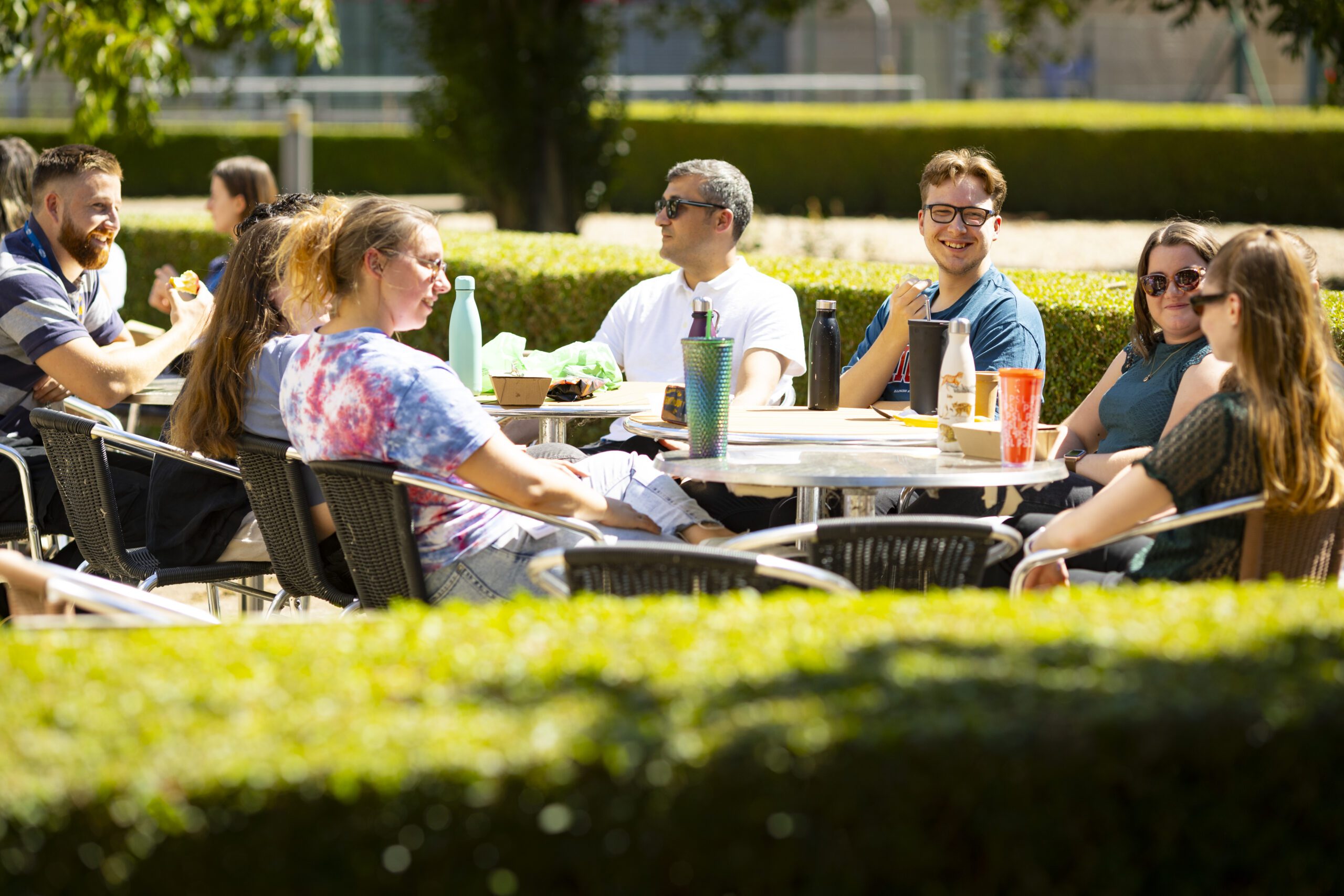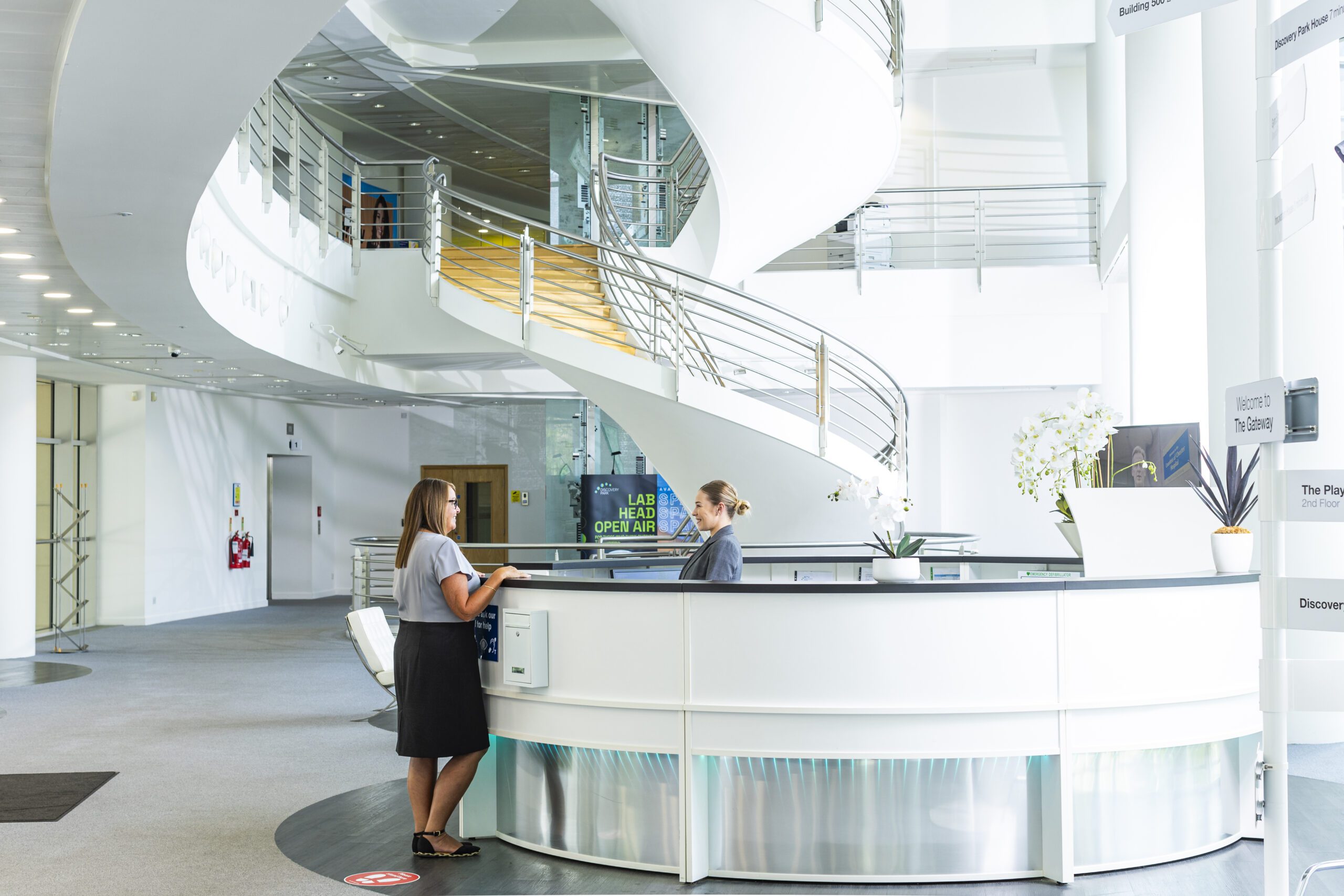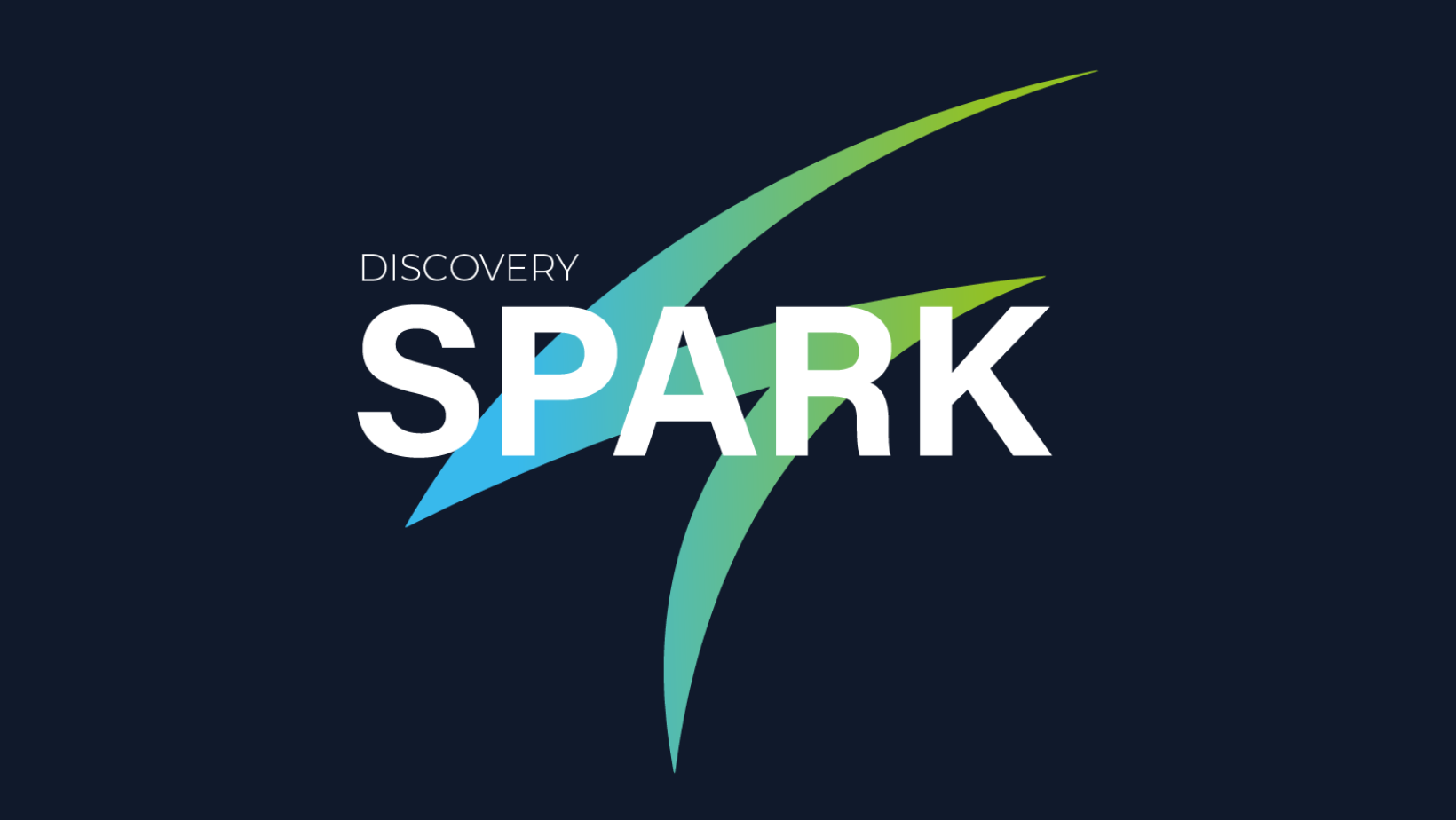As we find ourselves just over the midpoint of 2023, it seems only fitting to pause and reflect on the state of the UK Life Sciences sector. In a new year’s speech on building a better future for the UK, Prime Minister Rishi Sunak referenced the importance of innovation. “The more we innovate, the more we grow”, citing an increase in R&D public funding to £20bn, aiming to enhance the UK’s strengths in AI, life sciences, quantum, fintech, and green technology.
It’s a strong pledge, but now is the time to reflect on progress made so far and priorities for the future. Given the Government’s focus on innovation, we need to sustain investment in life sciences as an area of high growth potential. We know investment in life sciences has a significant impact on GDP, and its promising to see the Government’s recent ‘Life Sci For Growth’ £650 million so called “war-chest” including up to £250 million to incentivise pension schemes to invest in our most promising science and tech firms, helping to keep promising companies on home soil.
Alongside this Government investment, industry has a role to play in providing further support and skills, and I was immensely proud to hear the Minister of State at the new Department for Science, Innovation and Technology, George Freeman MP, remark on Discovery Park as “a world class incubator of new life science technologies and companies.” In reflection of this, we’ve just launched Discovery Spark, a learning programme which lays healthy foundations for future company success and equips early stage life science businesses with the skills needed to thrive.
We need to continue to keep the channels open, allowing Government, industry and academia to work closely together. To be a true life science superpower, we need to ensure we are looking beyond the Golden Triangle. George Freeman MP, spoke following Discover Park’s recent Innovation Summit: “The success of Discovery Park is the result of a strategic long-term public/private partnership between Government in London and Kent. It demonstrates the power of the UK’s £94 billion life sciences sector in driving economic regeneration in clusters all around the UK.”
Discovery Park works closely with our Local Enterprise Partnership (LEPs), but this relationship will be sadly ending as LEP responsibility is transferred to local authorities. South East LEP helped us to unlock funding to develop our new incubator lab complex as part of the ‘Getting Building Fund’, and we have received huge demand from science and technology companies looking for space to set up. We’ve seen the most need for smaller lab sizes, ideal for spinout or scaling companies. As the LEPs end, we need to ensure there is a continued focus on infrastructure to support early stage companies – especially outside the triangle.
Government life science investment also needs to take an end-to-end approach, with determination on the part of the Government to build a stronger supply chain and manufacturing. While these items are referenced in the recent ‘Life Sci For Growth’ package, from the investment figures it is clear the focus remains earlier in the discovery cycle. Discovery Park has aspirations to create a manufacturing hub and similar facilities need to be replicated across the country, but that will take serious investment.
We must also continue joining the dots between education and academia, showcasing the career opportunities at all levels. Science parks have a leading role to play, but we need Government buy-in to make it work, especially as science is having to compete with other sectors to recruit essential tech skills.
So, as we enter the second half of 2023, it’s pleasing to see Government confidence that life science is a key vehicle to support economic growth. Now, let’s keep momentum for the second half of the year.

